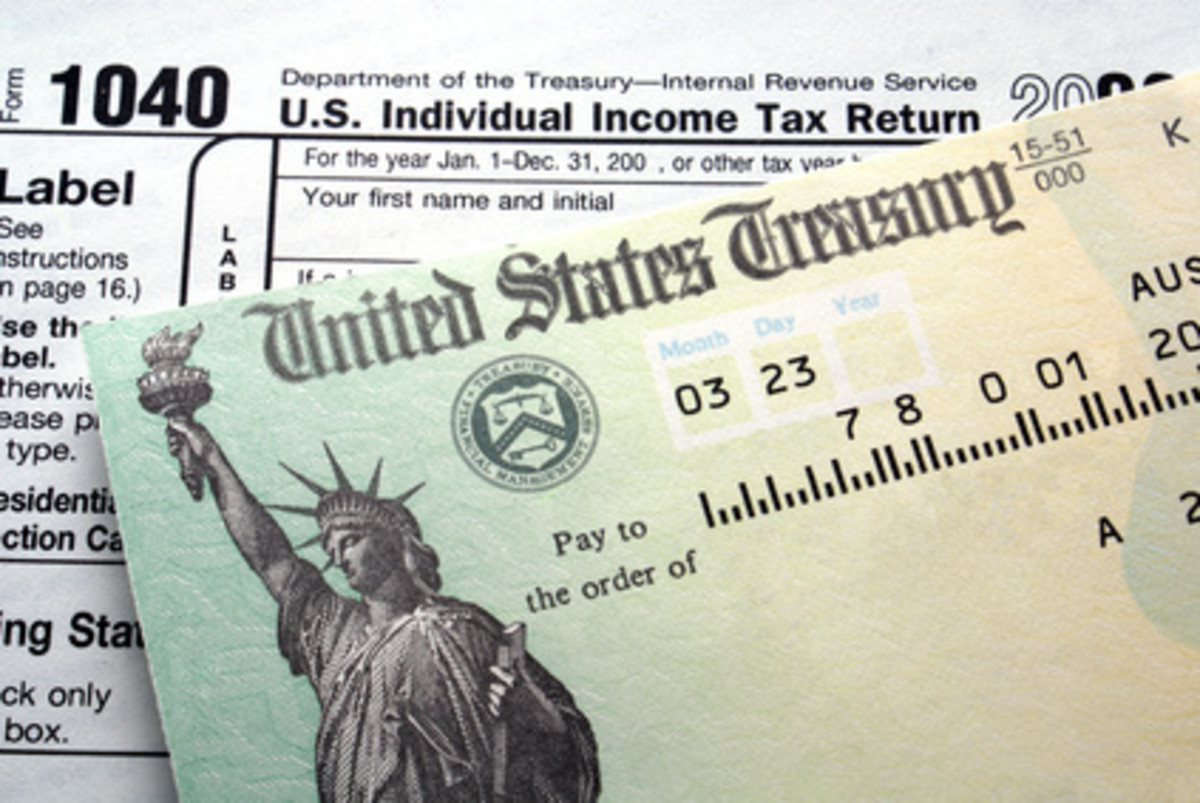Is it beneficial to get rid of state income taxes?
The concept of a state with no income taxes needs to be explored as there are several states which have passed legislation eliminating their state income tax requirement. At this point there are eleven states which have taken this road and it appears that it has not harmed their financial status. Income taxes at the state level combined with the income tax at the federal level is in reality double taxation. While income of one remains at the state level the other is sent to the federal government.
As with anything else ideas regarding the concept of no income tax within a state is one which seems to be catching on. While there are seven states which have no income tax some do not have a corporate tax along with having no income tax. It is understood that states need some type of income to fund their government responsibilities and the approach of no income tax must be replaced by other income methods.
All the states which have eliminated a state income tax requirement have taken a different approach in receiving the income it needs to fund government responsibilities. In eliminating the income tax Texas created a gross margins tax but in so doing they exempted some businesses with receipts below a certain amount and their tax liability was also below a certain amount. Some may say that states without an income tax may feel the need to return to this type of income but in Texas their Constitution places severe restrictions on passage of an individual income tax and use of its proceeds. With respect to our federal tax system which is in need of a total revamping changing the type of tax system whether it be a Fair Tax, Flat tax or something else restrictions would need to be generated to prevent adding an income tax on top of other taxes/changes made in our tax system.
State income taxes have been around for years but there appears to be a growing interest in efforts to abolish state income taxes as a result of the successes of several states without them. To date there are seven states that have no income taxes and others are considering this kind of action. Eliminating state income taxes takes action by individual state legislatures and a vote by the public in some cases to accept the change in their constitution.
Some may say that getting rid of state income taxes does not reduce the tax burden for which individuals and businesses are required to pay to the state in some way or another. Granted states need a certain amount of income for funding government responsibilities according to their individual state constitution. This however does not mean that the burden has to be the same or higher. The manner in which states without an income tax receives the funding it needs varies and in some respects other states that are considering eliminating such taxes have similar options.
In the state of Alaska their income is derived from annual permanent fund dividends derived from oil revenues. It has no income tax, corporate tax or sales tax. Several states have oil revenues and could potentially receive income from such sources if they eliminate state income taxes. The amount of oil reserves known to exist in this country could potentially explode state income through such options as an annual permanent fund dividend as in Alaska.
Sources of revenue for the state of Nevada are from gambling and sales taxes. It has no state income or corporate tax. It is obvious that several states have gambling activity from which income could be derived as a replacement for an income tax. One interesting methodology which is utilized is a tax on interest and dividends. Two states (Tennessee and New Hampshire) currently have this as a revenue source. While Tennessee has there only source of income being a tax on interest and dividends New Hampshire has a business profit tax.
Corporate taxes of some type are in effect in New Hampshire, Washington and Florida as their source of income. One unique concept can be seen in the state of Wyoming where there is no income or corporate tax requirement. Wyoming derives their revenue from the tourism industry and mineral extraction.
In summary it is apparent that states which have eliminated state income taxes have established other sources of revenue. Taking such action was a bold step by the states discussed above and it would be a bold step by other states if they take such action. Eliminating state income taxes yet receiving the necessary income to fund government responsibilities as can be seen above are varied. States have different resources and opportunities for income and as new sources of revenue such as oil and gas reserves the option for other states to eliminate their income tax may be exercised.
One last point to make is the revenue some states receive from property taxes. Property taxes are in use in most if not all states but this source of income is not at the state level but at the local level. One thing is certain changing the tax structure at the state level must ensure the proper amount of income is received for government responsibilities. State governments must take care of their citizens and meet their needs in conjunction with their state constitution and the responsibilities as defined in the Constitution of our country.
Not to single out one particular state over another the state of Texas seems to have created the right combination of income combined with creating an opportunity for businesses to flourish and increasing the number of jobs available. From reports and information the unemployment rate in each of the states without an income tax vary and Texas is no different. Of the states without an income tax 8 of the 10 have rates below the national unemployment rate. In addition the number of jobs anticipated to be created when the totals are calculated for 2013 are as follows: Texas (247,580), Nevada (31,050) and Florida (175,985). Job growth is anticipated to continue for Texas in 2014 with an anticipated 307,590 ranking them number 3 in the country for job growth in 2014. The state of Florida has an anticipated job growth for 2014 of 176,423. The state of Nevada has an anticipated job growth of 20,226. All these figures for 2014 were calculated according to Moody’s analytics.
Granted job growth of any magnitude for any state is a good thing. It does not matter whether a state has an income tax or some other method but when a state without an income tax. Job figures for the state of Texas in projecting a growth of over 550,000 in two years says much about their tax structure. With these kinds of numbers it appears businesses are either moving to Texas or are expanding their businesses by hiring more individuals. The figures may be still out as to the benefits of getting rid of a state income tax but the job projections for Texas is causing other states to evaluate their tax structure. The positive aspects of the Texas economy without an income tax cannot be denied given the figures cited in this article. The main point of changing a tax structure of a state is to benefit the citizens. Additionally it is important when making changes to a tax structure to encourage business expansion or new businesses to relocate providing jobs for the citizens.







